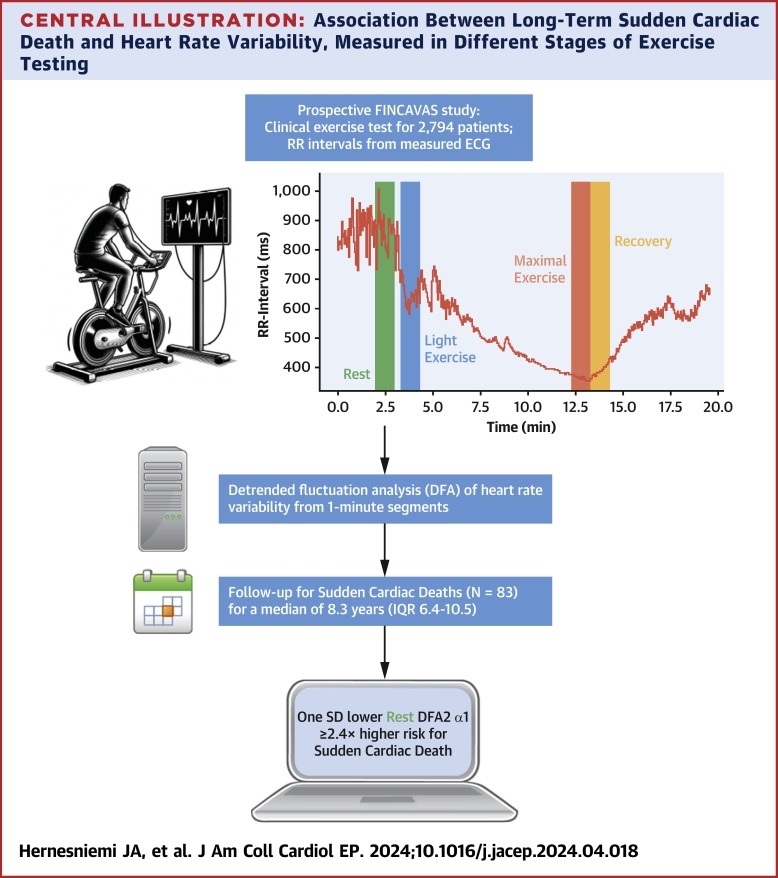Mesh Matrix Treats Hard-to-Heal Wounds
|
By HospiMedica International staff writers Posted on 27 Feb 2014 |
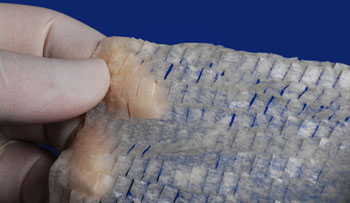
Image: The MatriStem Multilayer Wound Matrix device is designed for deep, hard-to-heal wounds (Photo courtesy of ACell).
A new multilayer matrix device accommodates moderate to heavy wound exudate and provides effective contouring functionality in wound treatment.
The MatriStem Multilayer Wound Matrix device is designed to maintain and support a healing environment through constructive tissue remodeling for both acute and chronic wounds. The device is comprised of naturally occurring urinary bladder matrix (UBM), the basement membrane of porcine urinary bladder tissue, which is disinfected, packaged, and sterilized to produce a non-cross-linked, completely resorbable, acellular extracellular matrix (ECM) scaffold that is rich with naturally occurring collagens and proteins.
UBM provides several distinguishable characteristics, including the recruitment of progenitor cells, chemotactic and mitogenic activities, and site-specific tissue remodeling. UBM also has the ability to facilitate the body’s own regenerative capabilities and help restore normal site-appropriate tissue while avoiding scar tissue formation; the ability to be used "off-the-shelf" and stored at room temperature, with an approximate two-year shelf life; and superior ease-of-use characteristics.
MatriStem is easy to prepare, apply, and fixate, and requires no special handling requirements. It is indicated for all types of wound management, including pressure ulcers, venous ulcers, diabetic ulcers, surgical wounds, trauma wounds, and the reinforcement of soft tissue where weakness exists in urological, gynecological, and gastroenterological anatomy. The MatriStem Multilayer Wound Matrix device is a product of ACell (Columbia, MD, USA), and has been approved by the US Food and Drug Administration (FDA).
“ACell has developed MatriStem Multilayer Wound Matrix to address an unmet need in the area of acute and chronic wound care management,” said Jim DeFrancesco, CEO of ACell. “The launch of this new product provides a new option for physicians treating patients suffering from deep, hard-to-heal wounds.”
Related Links:
ACell
The MatriStem Multilayer Wound Matrix device is designed to maintain and support a healing environment through constructive tissue remodeling for both acute and chronic wounds. The device is comprised of naturally occurring urinary bladder matrix (UBM), the basement membrane of porcine urinary bladder tissue, which is disinfected, packaged, and sterilized to produce a non-cross-linked, completely resorbable, acellular extracellular matrix (ECM) scaffold that is rich with naturally occurring collagens and proteins.
UBM provides several distinguishable characteristics, including the recruitment of progenitor cells, chemotactic and mitogenic activities, and site-specific tissue remodeling. UBM also has the ability to facilitate the body’s own regenerative capabilities and help restore normal site-appropriate tissue while avoiding scar tissue formation; the ability to be used "off-the-shelf" and stored at room temperature, with an approximate two-year shelf life; and superior ease-of-use characteristics.
MatriStem is easy to prepare, apply, and fixate, and requires no special handling requirements. It is indicated for all types of wound management, including pressure ulcers, venous ulcers, diabetic ulcers, surgical wounds, trauma wounds, and the reinforcement of soft tissue where weakness exists in urological, gynecological, and gastroenterological anatomy. The MatriStem Multilayer Wound Matrix device is a product of ACell (Columbia, MD, USA), and has been approved by the US Food and Drug Administration (FDA).
“ACell has developed MatriStem Multilayer Wound Matrix to address an unmet need in the area of acute and chronic wound care management,” said Jim DeFrancesco, CEO of ACell. “The launch of this new product provides a new option for physicians treating patients suffering from deep, hard-to-heal wounds.”
Related Links:
ACell
Latest Surgical Techniques News
- Total Robotic Metabolic and Bariatric Surgery Proves More Beneficial than Conventional Laparoscopy
- Wirelessly Activated Robotic Device Aids Digestion in Patients with Compromised Organs

- Glowing Dye Helps Surgeons to Remove Hidden Prostate Cancer Cells in Real-Time
- Early Minimally Invasive Surgery Improves Intracerebral Hemorrhage Stroke Outcomes
- Early EVD Insertion Improves Surgical Outcome in Traumatic Brain Injury
- New Machine Learning Method Better Predicts Spine Surgery Outcomes
- New Research Platform Assesses Brain Cancer Mutations during Surgery
- Off-The-Shelf Surgical Device to Help Avoid Total Knee Replacement
- Study Warns Against Dangerous Smoke Levels Produced During Endoscopic Gastrointestinal Procedures
- New Hydrogel Sealant Effective at Sealing Dural Defects and Preventing Postoperative Adhesion
- MRI-Guided Multi-Stage Robotic Positioner Enhances Stereotactic Neurosurgery Precision

- AR Visualization System Improves Surgeons’ Capabilities and Spatial Awareness
- New Adhesive Hydrogel Coatings to Prolong Lifespan of Pacemakers and Medical Implants
- Maneuvering System Empowers Surgeons with Enhanced Control during Laparoscopic Procedures
- New Two-Dimensional Material Paves Way for Safer, More Effective Implantable Medical Devices
- Portable MRI Compatible Surgical Robot Improves Patients Outcomes for Neurosurgery
Channels
Critical Care
view channel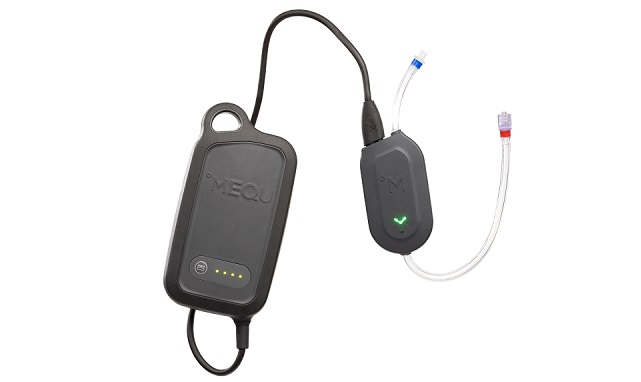
Portable System for Warming Blood and IV-Fluids Reduces Hypothermia Risk in Hemorrhaging Patients
Maintaining a normothermic temperature in patients is often challenging. Accidental hypothermia is a known risk that can lead to increased complications and extended hospital stays. One key factor contributing... Read more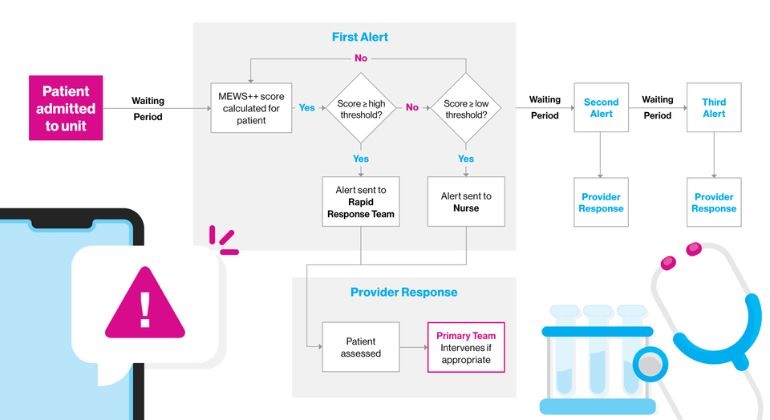
AI-Generated Real-Time Alerts for Declining Health Speeds Up Treatment and Reduces Hospital Deaths
A fundamental objective of inpatient care is the timely intervention to prevent or manage clinical deterioration, which often leads to escalated care associated with poorer outcomes and increased use of resources.... Read more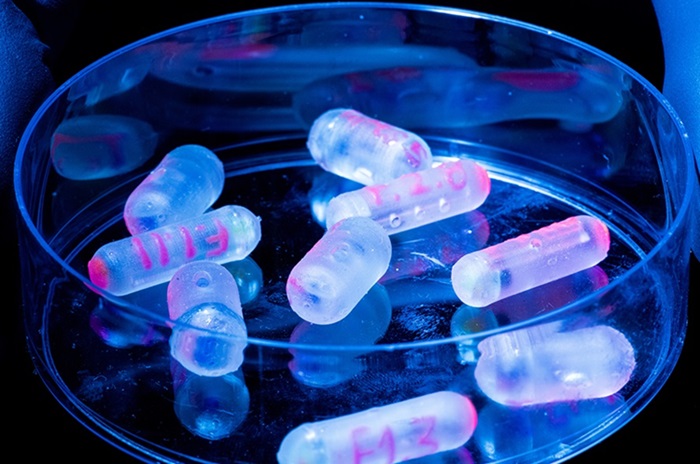
Ingestible Microbiome Sampling Pill to Help Diagnose Wide Range of Health Conditions
The healthy human gut is home to more than 1,000 species of bacteria, most of which play a beneficial role in digestion and protecting against disease. When the natural balance of these microbes is disrupted,... Read morePatient Care
view channelFirst-Of-Its-Kind Portable Germicidal Light Technology Disinfects High-Touch Clinical Surfaces in Seconds
Reducing healthcare-acquired infections (HAIs) remains a pressing issue within global healthcare systems. In the United States alone, 1.7 million patients contract HAIs annually, leading to approximately... Read more
Surgical Capacity Optimization Solution Helps Hospitals Boost OR Utilization
An innovative solution has the capability to transform surgical capacity utilization by targeting the root cause of surgical block time inefficiencies. Fujitsu Limited’s (Tokyo, Japan) Surgical Capacity... Read more
Game-Changing Innovation in Surgical Instrument Sterilization Significantly Improves OR Throughput
A groundbreaking innovation enables hospitals to significantly improve instrument processing time and throughput in operating rooms (ORs) and sterile processing departments. Turbett Surgical, Inc.... Read moreHealth IT
view channel
Machine Learning Model Improves Mortality Risk Prediction for Cardiac Surgery Patients
Machine learning algorithms have been deployed to create predictive models in various medical fields, with some demonstrating improved outcomes compared to their standard-of-care counterparts.... Read more
Strategic Collaboration to Develop and Integrate Generative AI into Healthcare
Top industry experts have underscored the immediate requirement for healthcare systems and hospitals to respond to severe cost and margin pressures. Close to half of U.S. hospitals ended 2022 in the red... Read more
AI-Enabled Operating Rooms Solution Helps Hospitals Maximize Utilization and Unlock Capacity
For healthcare organizations, optimizing operating room (OR) utilization during prime time hours is a complex challenge. Surgeons and clinics face difficulties in finding available slots for booking cases,... Read more
AI Predicts Pancreatic Cancer Three Years before Diagnosis from Patients’ Medical Records
Screening for common cancers like breast, cervix, and prostate cancer relies on relatively simple and highly effective techniques, such as mammograms, Pap smears, and blood tests. These methods have revolutionized... Read morePoint of Care
view channel
POCT for Infectious Diseases Delivers Laboratory Equivalent Pathology Results
On-site pathology tests for infectious diseases in rural and remote locations can achieve the same level of reliability and accuracy as those conducted in hospital laboratories, a recent study suggests.... Read more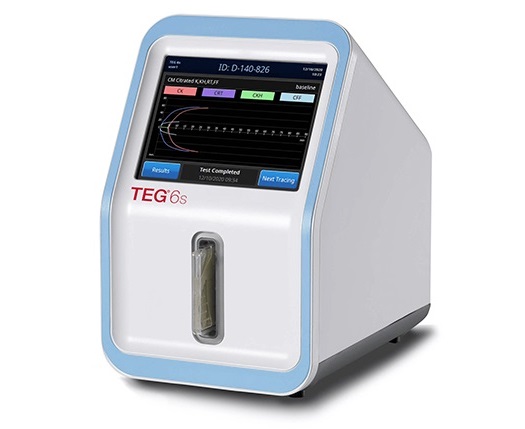
Cartridge-Based Hemostasis Analyzer System Enables Faster Coagulation Testing
Quickly assessing a patient's total hemostasis status can be critical to influencing clinical outcomes and using blood products. Haemonetics Corporation (Boston, MA, USA) has now obtained 510(k) clearance... Read more
Critical Bleeding Management System to Help Hospitals Further Standardize Viscoelastic Testing
Surgical procedures are often accompanied by significant blood loss and the subsequent high likelihood of the need for allogeneic blood transfusions. These transfusions, while critical, are linked to various... Read moreBusiness
view channel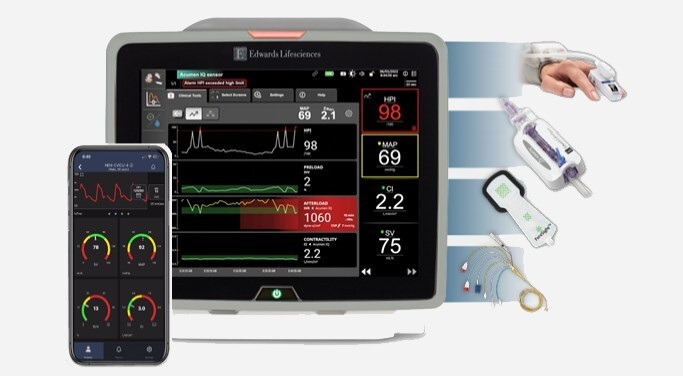
BD Acquires Edwards Lifesciences' Critical Care Product Group for USD 4.2 Billion
BD (Becton, Dickinson and Company, Franklin Lakes, NJ, USA) and Edwards Lifesciences (Irvine, CA, USA) have entered into a definitive agreement under which BD will acquire Edwards' Critical Care product... Read more













